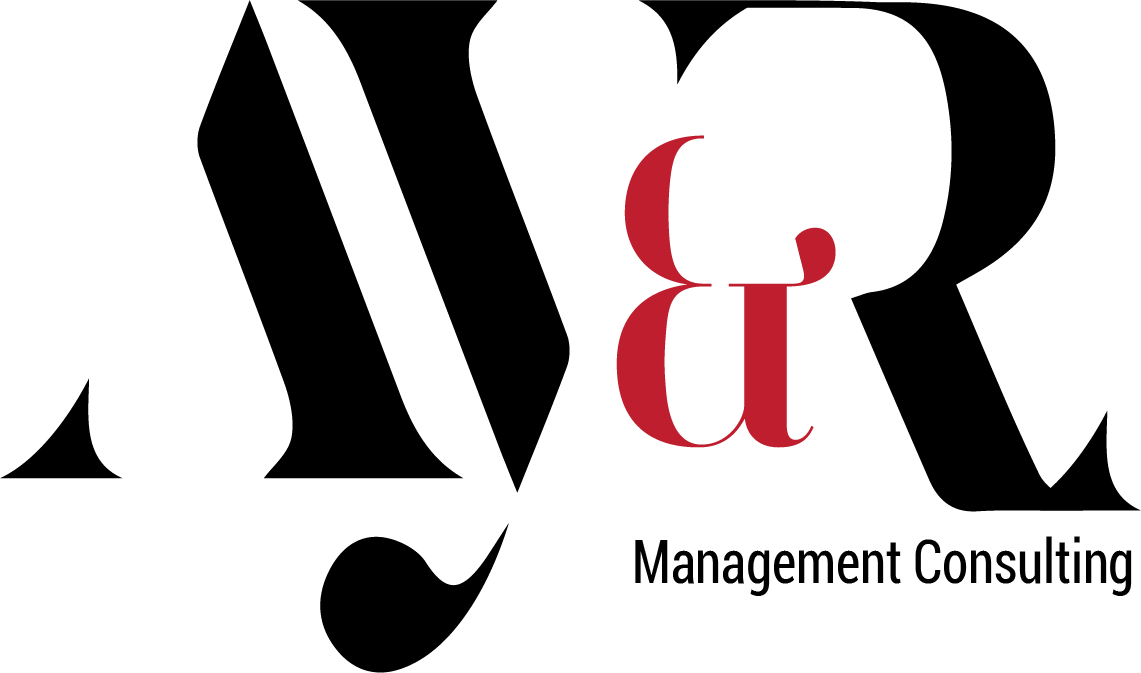
Digital transformation has become a priority for different entities government, non-government, private, financial, manufacturing, educational..etc across the globe. To keep up with the ever-evolving technological landscape, transformation leaders need to ensure that their workforce has the necessary skills and knowledge to succeed in this new era. However, talent acquisition in digital transformation presents several challenges for leaders and HR professionals.
One of the significant challenges is identifying the right skills required to thrive in a digital environment. As technology continues to evolve at a breakneck pace, it is challenging to keep up with the latest developments and determine which skills are most important. Additionally, finding and attracting talent with the necessary digital skills is another hurdle for organizations.


Fortunately, the SFIA (Skills for Information Age) framework can help organizations tackle these challenges. SFIA is a globally recognized framework that provides a comprehensive set of skills for information and digital technology professionals. The SFIA framework covers a wide range of skills, from technical competencies to soft skills such as communication and leadership.
By using the SFIA framework, leaders and HR professionals can identify the skills required to succeed in digital transformation. This includes understanding the skills and capabilities of their existing workforce and identifying any gaps that need to be addressed. The SFIA framework can also help organizations develop a competency-based approach to hiring, which ensures that new hires have the skills and knowledge necessary to succeed in the digital age.
How can SFIA helps in setting up digital transformation team?
Let’s say an organization wants to implement a new customer relationship management (CRM) system as part of their digital transformation efforts. They need to identify the skills required to implement, maintain, and support the new system. By using the SFIA framework, they can identify the following skills:
- Business analysis: to understand the organization’s CRM requirements and translate them into technical specifications.
- Solution architecture: to design the technical architecture of the CRM system and ensure it aligns with the organization’s overall IT strategy.
- Development: to build and customize the CRM system according to the technical specifications.
- Testing: to test the CRM system and ensure it meets the organization’s requirements.
- Service delivery: to ensure the CRM system is available and performing optimally.
- Customer service support: to provide support to end-users and troubleshoot any issues that may arise.
By identifying these skills, the organization can create a job description that aligns with the skills required for the new system. They can also use the SFIA framework to assess the skills of their existing workforce and identify any skills gaps that need to be addressed. This enables the organization to develop a robust talent management strategy that ensures they have the right skills in place to successfully implement the CRM system.
SFIA can be an agile and tailored to organization talent needs
The SFIA framework not only identifies the required skills for each role, but also it shows you the right level of knowledge, competencies and responsibilities the role should have. SFIA consists of seven levels, with each level representing a different level of responsibility and skill. These levels are:
- Follow: This level represents basic skills that are required to perform routine tasks under supervision.
- Assist: This level represents skills that are required to perform more complex tasks with supervision.
- Apply: This level represents skills that are required to perform complex tasks independently.
- Enable: This level represents skills that are required to lead and manage projects or teams.
- Ensure/advise: This level represents skills that are required to provide advice and ensure that projects or teams are aligned with organizational objectives.
- Initiate/influence: This level represents skills that are required to influence and initiate change at an organizational level.
- Set strategy/inspire: This level represents skills that are required to set the overall strategic direction of the organization.
That’s why we at AY&R Management Consultants believe that talent management is a critical component of digital transformation. At AY&R Management Consultants, we believe that SFIA is an essential tool for organizations that want to thrive in the digital age. We have the expertise to help organizations use the framework to its fullest potential. Our team of experts can work with your organization to identify the skills and capabilities required to succeed in digital transformation and develop a talent management strategy that aligns with your business objectives.
We can also help HR professionals integrate SFIA into their recruitment processes, ensuring that new hires have the necessary digital skills to thrive in the organization. Additionally, we can provide training and development programs to upskill existing employees and bridge any skills gaps that may exist.
Talent acquisition in digital transformation is a significant challenge for leaders and HR professionals. However, by using the SFIA framework, organizations can identify the skills required to succeed in the digital age and develop a talent management strategy that aligns with their business objectives. At AY&R Management Consultants, we are committed to helping organizations prepare for the future of work by leveraging the power of SFIA. Contact us today to learn more about how we can help your organization thrive in the digital age.
providing consultancy services and digital transformation, and training , and HR consultants and other resources to United Arab Emirates, Dubai, UAE, Abu Dhabi, Qatar, Saudi, Jeddah, Riydha, consultants, libya
